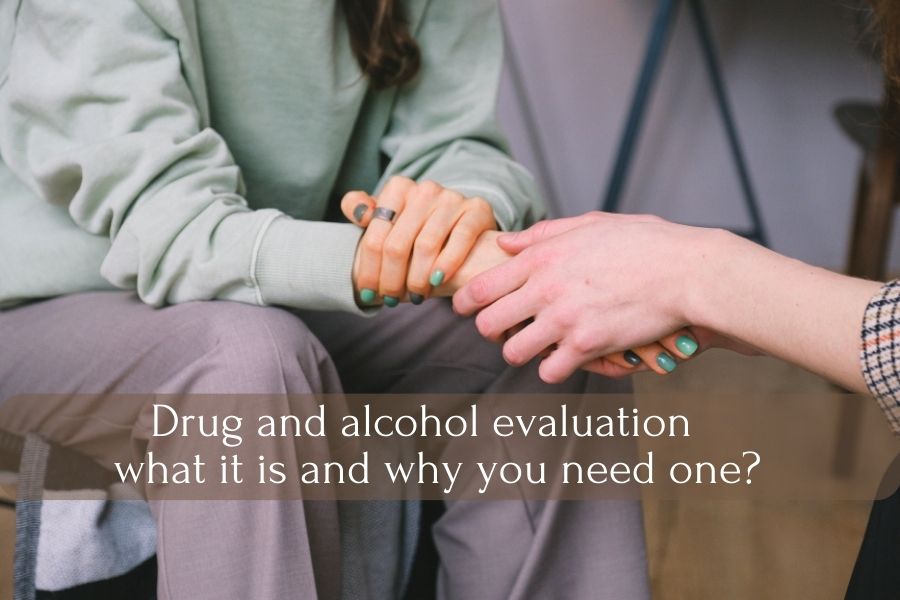An alcohol and drug evaluation is an assessment process used to determine the extent of an individual’s substance use and abuse, as well as any associated risks. It is usually part of the pre-treatment process for substance abuse treatment and can be conducted by a variety of professionals such as psychologists, counselors, or addiction specialists. Evaluations are typically conducted through a series of questions and can take anywhere from an hour to several hours to complete.
The explicit purpose of the evaluation is to assess an individual’s current substance use and determine the severity of their addiction. It also helps to identify any co-occurring mental health issues that may be present and determine the best course of treatment. This includes assessing the person’s mental health and emotional state, past use and abuse, current use, and any associated risks.
During an alcohol and drug evaluation, the individual may be asked about their past and current alcohol and drug use, including how much and how often they use, the types of drugs they use, and if they have ever experienced any negative consequences from their use. Questions may also focus on any mental health issues that could be contributing to the substance use, such as depression or anxiety. The evaluator will also assess the individual’s understanding of the many risks associated with substance abuse and their readiness to change their behavior.
The alcohol and drug evaluation will typically include both a physical and psychological assessment. The physical assessment will assess the individual’s physical health and any potential signs or symptoms of physical dependence. The psychological assessment will assess the individual’s mental health and any potential signs or symptoms of psychological dependence. In addition, the assessment may include drug and alcohol testing, which is used to measure the individual’s blood alcohol content (BAC) or to detect the presence of any drugs in the system.
Once the alcohol and drug evaluation is complete, the evaluator will review the results and make a recommendation for treatment. Depending on the results, the individual may be referred to an addiction specialist or treatment program. The treatment plan will be tailored to address the individual’s needs and may include counseling, medication, and other forms of support.
An alcohol and drug evaluation is an important step in the recovery process for individuals struggling with substance use disorders. It can provide valuable insight into the individual’s current use and any associated risks, as well as help to identify any co-occurring mental health issues that may be present. It is important to remember that the evaluation process is completely confidential and is designed to help the individual get the treatment they need and start the journey towards recovery.
To learn more about us please check us out on at www.aacscousneling.com or to contact one of our representatives you can always reach us at 1-800-683-7745. In case we do not answer be sure to leave us a voicemail and we will reach out as soon as possible.
















